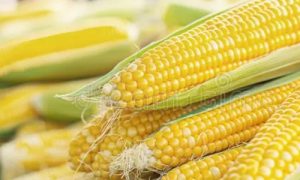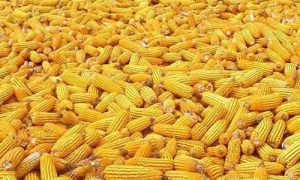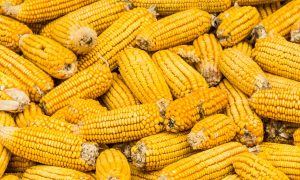Maize as a self-fertilizing crop

Grown for centuries by indigenous farmers in rural Mexico, this rare maize can self-fertilise. The BBC-programm ‘Planet Fix’ explores how this crop could help tackle world hunger, and perhaps ends farming’s reliance on chemical fertilisers.
Agriculture is a major emitter of greenhouse gases. Fertilizer production and use account for about one third of this amount. Moreover, fertilizer production consumes major quantities of natural gas. Furthermore, much of the nitrogen fertilizer becomes runoff that pollutes local waterways.
Self-fertilizing crops
All this could be prevented if we should use self-fertilizing crops, capable of drawing nitrogen from the air, in interaction with bacteria present in the soil. Legumes like bean and pea plants can form root nodules through which they receive nitrogen from rhizobia bacteria in exchange for carbon. The idea is to create self-fertilizing crops or use already existing crops like the maize-crop in the BBC-programm.
MIT in Boston (USA) is one of the scientific centres developing initiatives which works on creating self-fertilizing crops that reduce greenhouse gas emissions produced by agricultural fertilizer; and to halt yield decrease of many agricultural crops as a result of climate change.















